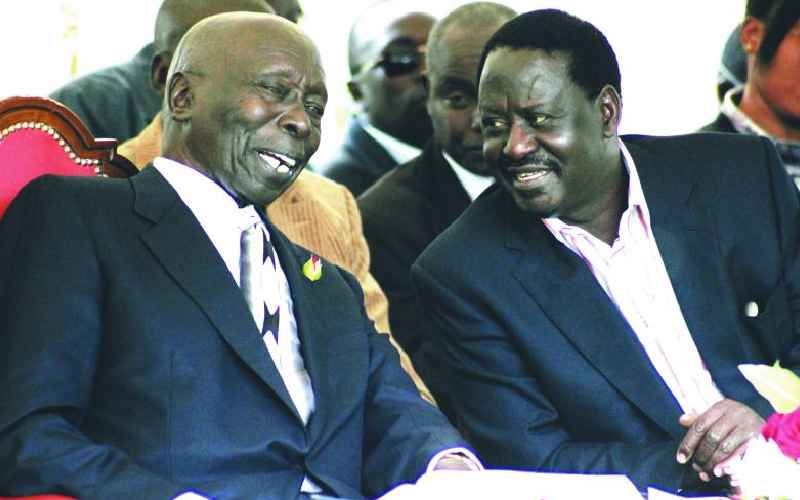Kenya in 2024: Political Turbulence, Policy Changes, and Public Reactions
The Kenya political landscape in 2024 was marked by economic turbulence, political shakeups, and human rights challenges, making it a defining year for the nation. Amid growing public dissent and shifting alliances, the year exposed both governance challenges and the resilience of Kenya’s populace.

Kenya faced nationwide protests in June 2024 following the introduction of a controversial Finance Bill proposing significant tax hikes. Already grappling with a rising cost of living, many citizens took to the streets, resulting in clashes with police that left several injured and many arrested. The public outcry forced President William Ruto to delay signing the bill into law and instead announce austerity measures aimed at cutting government expenditure and managing public debt. The protests highlighted the economic pressures faced by Kenyans and growing dissatisfaction with the government’s handling of the crisis.
In response to mounting unrest, President Ruto initiated sweeping cabinet changes. In July, nearly the entire cabinet was dismissed, with only Prime Cabinet Secretary Musalia Mudavadi and Deputy President Rigathi Gachagua retaining their roles. The reorganization saw the return of six former ministers and the inclusion of four opposition members from the Orange Democratic Movement in an effort to stabilize the political environment.
December brought further reshuffles, with the president appointing prominent Mount Kenya region leaders, including Mutahi Kagwe, Lee Kinyanjui, and William Kabogo, to key positions. These appointments were seen as attempts to rebuild alliances and address regional discontent following the impeachment of Deputy President Rigathi Gachagua.
In October, Deputy President Rigathi Gachagua’s impeachment marked the peak of political instability. The National Assembly charged Gachagua with corruption and incitement of ethnic hatred, leading to his removal by the Senate. Interior Minister Kithure Kindiki was nominated to replace him, but legal challenges delayed his swearing-in, further destabilizing the administration.

Public trust in President Ruto’s leadership waned throughout the year, driven by unfulfilled campaign promises and controversial policies. The administration faced heightened criticism over a major corruption scandal involving the Adani Group. In November, President Ruto canceled two high-profile contracts with the Indian conglomerate, a $2.5 billion lease for Jomo Kenyatta International Airport and a $736 million deal with the Kenya Electricity Transmission Company, amid allegations of bribery and fraud. The cancellations followed U.S. indictments against Adani executives and fueled public outcry over the deals’ lack of transparency.
Human rights concerns intensified in 2024. Advocacy groups reported cases of extrajudicial killings, arbitrary arrests, and enforced disappearances targeting government critics. The abduction and deportation of Turkish asylum seekers drew international condemnation. Gender-based violence also surged, prompting the government to declare femicide a top security threat and establish a specialized police unit to address the issue.
On the international stage, Kenya strengthened its global partnerships. In May 2024, the United States designated Kenya as a Major Non-NATO Ally, a status that underscored Kenya’s strategic importance in regional stability and global security.
In Kenya, 2024 was a year of profound challenges and pivotal decisions. Economic hardship, political instability, and human rights violations tested the resilience of its people while exposing cracks in the government’s leadership. As the year ended, calls for accountability and reform grew louder, signaling a nation ready to demand better governance.
How do these events reflect Kenya’s political trajectory? Are they steps toward progress or signs of regression? Share your thoughts on the nation’s challenges and its path forward.
Read More;
-
Government Introduces Bill to Regulate Presidential Transition Process
-
Former Mavoko MP Candidate Accused of Pressuring Woman to Terminate Pregnancy
What's Your Reaction?













































































































